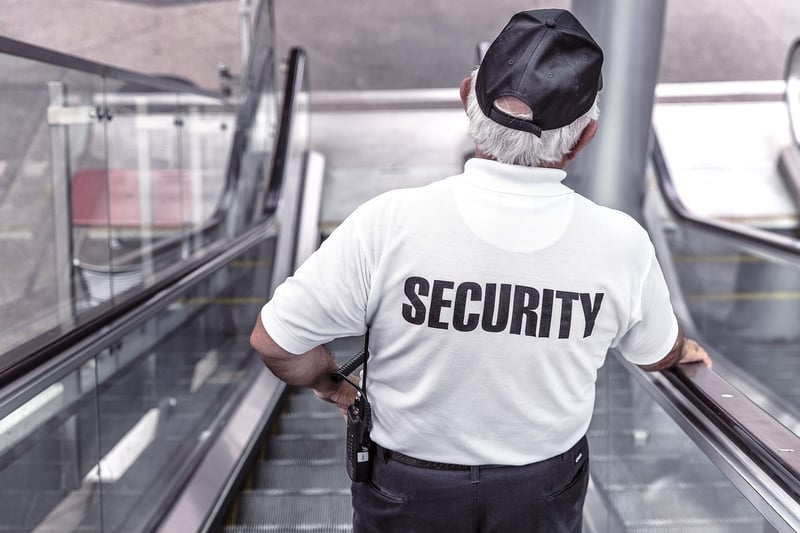Safety Tips
Planning Like a Pro: Essential Safety Tips for Your Next Adventure
Embarking on a new adventure can be both exciting and rewarding, but ensuring your safety should always be a top priority. Whether you're planning a hiking trip, a camping excursion, or a backpacking journey, here are some essential safety tips to help you navigate your next adventure like a pro:
1. Research Your Destination
Before you set off, take the time to research your destination thoroughly. Familiarize yourself with the terrain, weather conditions, local wildlife, and any potential hazards you may encounter along the way.
2. Share Your Itinerary
Always share your itinerary with a trusted friend or family member. Provide details of your planned route, expected return time, and any emergency contacts. This information can be crucial in case of an unexpected situation.
3. Pack Essential Safety Gear
Make sure to pack essential safety gear such as a first aid kit, a multi-tool, a flashlight, extra food and water, a map and compass (or GPS device), and appropriate clothing for the conditions you may face.
4. Stay Hydrated and Well-Nourished
Stay hydrated by drinking plenty of water throughout your adventure. Pack high-energy snacks to keep your energy levels up and maintain your strength during your journey.
5. Dress for Success
Wear appropriate clothing and footwear for the activities you have planned. Dressing in layers can help you regulate your body temperature and stay comfortable in changing weather conditions.
6. Be Weather-Wise
Check the weather forecast before you head out, and be prepared for changing conditions. Carry rain gear, sunscreen, and other weather-appropriate items to stay safe and comfortable.
7. Practice Leave No Trace
Respect nature and practice Leave No Trace principles by packing out all trash, staying on designated trails, and minimizing your impact on the environment. Leave nature as you found it for others to enjoy.
8. Trust Your Instincts
If something doesn't feel right, trust your instincts and make safe decisions. It's better to turn back or seek help than to put yourself in a risky situation.
9. Emergency Preparedness
Carry a fully charged phone, a whistle, and a signaling device in case of emergencies. Know how to signal for help and be prepared to use emergency communication methods if needed.
10. Stay Informed and Educated
Stay informed about the area you are exploring and educate yourself on wilderness safety and survival techniques. Being knowledgeable can help you make better decisions and stay safe during your adventures.

By following these essential safety tips and planning like a pro, you can enjoy your outdoor adventures with confidence and peace of mind. Remember, safety always comes first, so be prepared, stay vigilant, and have a fantastic journey!
Safe travels!
